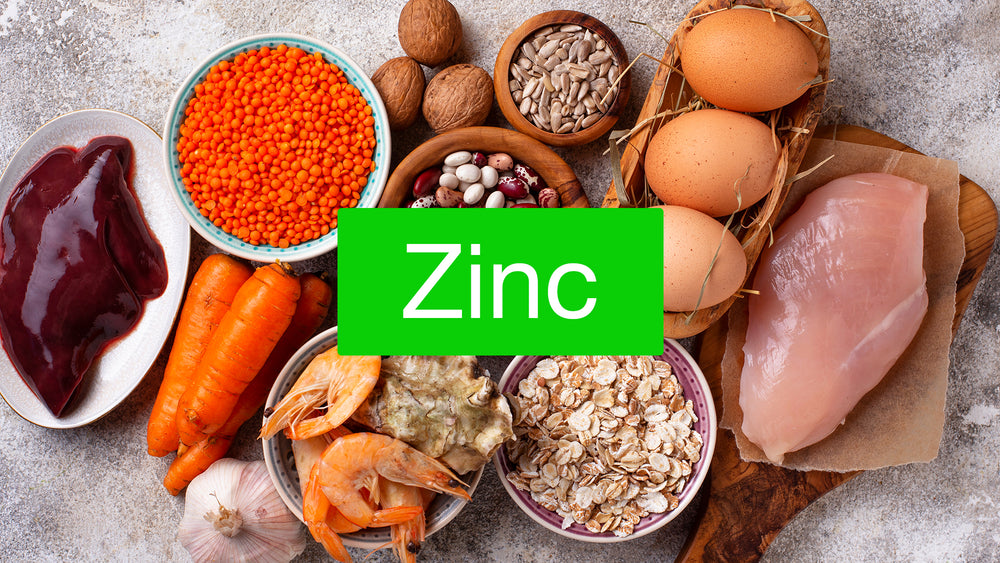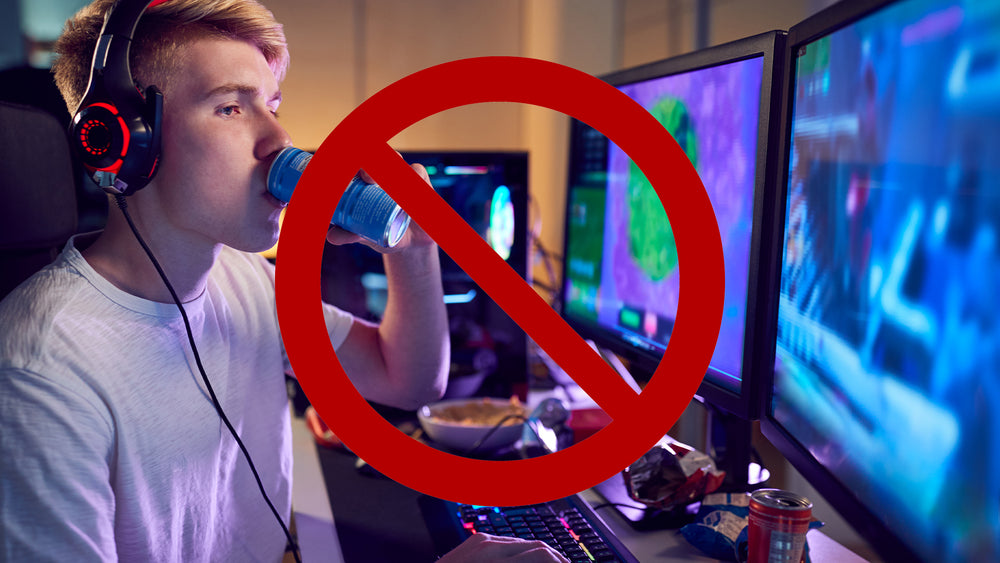The kidneys are responsible for eliminating or retaining body fluids Your kidneys are two fist-sized organs located at the bottom of your ribcage, one on each side of your spine. The kidneys filter out waste products from food and liquids as urine.
When you receive the correct mix of nutrients and drink enough water, your kidneys eliminate toxins and waste, including excess salt, from your body. If waste products build up in your body, it will damage the kidneys. Impaired kidneys cause you to become tired and nauseous. They may also cause you to develop edema in both ankles, wrists or under your eyes.
Your urine may become bloody, coffee-colored or foamy. The urine may contain too much protein (which is filtered out when kidneys work normally.)
A healthy lifestyle, which includes eating fresh, whole foods, exercise, stress management and getting enough sleep, will help keep your kidneys functioning properly and contribute to your overall well-being.
How Do I Find Out if I May Have Kidney Problems?
If you have a family history of kidney disease, get a blood test, which will tell you how well your kidneys are working. A urine test will check of albumin, a protein that passes into the urine if you have damaged kidneys.
Chronic kidney disease, diabetes, high blood pressure, and heart disease are caused by poor lifestyle habits (and a family history of the condition). If you have one of these conditions and leave it unchecked, it can lead to one or more of the other illnesses.
Here are some tips for protection against kidney disease.
Drink Enough Water for Healthy Kidneys
You need to drink enough water each day to flush out toxins from your kidneys.
Most sources recommend that men need 13 cups a day of water a day, and women should drink 9 cups. The necessary intake may vary according to many factors, including age and activity level. Pregnant and breastfeeding women need 13 cups of water daily.
Your daily water amount includes water in other beverages, like tea, and the water in food (watermelon and celery, for example). If you drink too much coffee, it can dehydrate you, but you’d need to consume 500 mgs or more of caffeine daily. The mixers in alcoholic drinks don’t counteract a cocktail’s dehydrating effects, so limit alcohol intake and drink enough water the rest of the day.
(Some reputable sources take issue with the daily water recommendations and suggest you should drink water only when you’re thirsty. Your body knows when it needs water and will let you know when you need a drink, these studies conclude.)
Your body loses fluids when you sweat or urinate. Dehydration occurs when your body loses more water than you consume. Dark urine, infrequent urination, and excess thirst are signs of dehydration.
Limit Sodium, Sugar and Protein
Restrict your sodium intake. Don’t add salt to prepared food, and substitute spices for salt in recipes when possible. Limiting sodium is a good idea for everyone, but it’s critical for people with impaired kidney function. (The kidneys won’t be able to filter out excess salt, resulting in complications.)
High-protein diets cause the body to work overtime to flush out the nitrogen in protein. Foods like meat and cheese make the body excrete calcium, increasing the chance of kidney stones. Reduce your consumption of meat and dairy products, and eat more fish, vegetables or rice and beans as protein sources. Whey powder shakes are another way to consume protein.
Avoid sugary foods or limit them to an occasional treat. Sugar makes the pancreas release insulin. This causes extra calcium to leave the body when you urinate.
Having too much potassium or phosphorus in your system can lead to kidney disease. Choose foods with a low to moderate amount of these nutrients to keep your kidneys healthy.
Be Aware of Potassium Balance
Potassium helps nerves and muscles work correctly. Like magnesium, calcium, and sodium, it is an electrolyte which conducts electricity in the body. Potassium is necessary for proper heart function, muscle contraction and digestion.
When your kidneys are unable to excrete wastes, salt, and potassium through the urine, it causes renal failure (kidney disease). Too much potassium in the blood can also lead to heart problems.
Keeping the right amount of sodium and magnesium in the blood helps balance potassium. Hyperkalemia occurs when you have too much potassium in your body. You may develop this condition if you:
- Use salt substitutes that contain extra potassium or take supplements with too much of this mineral.
- Don’t adequately control diabetes, or have Addison’s disease, a disease that occurs when your body doesn’t have enough of certain hormones.
- Take prescription or over-the-counter drugs that cause your potassium levels to rise. (ACE inhibitors, NASIDs)
Older adults are more likely to have hyperkalemia. The kidneys lose their ability to eliminate enough potassium as you age.
A blood test can determine if you have high potassium. A level of 3.5 to 5.0 is in the normal range for most people.
Eat More of These Foods
Anyone, (even people in the beginning stages of kidney disease), can eat the following foods without worrying about consuming excess salt, potassium, or phosphorus.
Cauliflower
Substitute mashed cauliflower for potatoes in side dishes. Cauliflower is low in calories and contains carotenoids and other antioxidants that may lower the risk of cancer and heart disease. An excellent source of fiber, it has sulfur-containing compounds called glucosinolates that help detox your body and aid your cardiovascular and digestive systems.
One cup of cauliflower has 19 mgs of sodium, 176 mg of potassium and 40 mg of phosphorus. It also has plenty of kidney-friendly B-vitamins, choline and Omega 3 fatty acids.
Blueberries
Many sources consider blueberries to be the most nutritious fruit for overall health. They contain anthocyanins, antioxidants that protect against diabetes, heart disease and certain cancers. A cup of raw blueberries contains 1.5 grams of sodium, 18 mgs of phosphorus and 114 mg of potassium.
One cup of fresh-tasting blueberries also contains 25% of the daily value of manganese, 19% of Vitamin C, 14% of fiber, and 32% of the DV of Vitamin K. The antioxidants in blueberries can also delay the breakdown of bone, according to a study conducted on rats low in estrogen.
You can eat blueberries fresh out of the carton or add them to oatmeal, cereal, or yogurt. Blend them in a smoothie with raspberries and strawberries, two other berries with low potassium, sodium, and phosphorus content.
Egg Whites
You don’t need to give up eggs (which contain a high level of phosphorus) if you want to ensure good kidney health. Most of the phosphorus is contained in the yolk, so eat only egg whites for breakfast (or anytime). One cup of egg whites contains 36.4 mg of phosphorus, 296 mg of potassium, and 403 mg of sodium. It is low in saturated fat and cholesterol and high in selenium and Riboflavin (Vitamin B2).
Sea Bass
This fish contains Omega 3 fatty acids, healthy fats that help fight inflammation that causes heart disease and other chronic conditions.
Other fish high in Omega 3’s, like sardines and salmon, are also high in phosphorus. Three ounces of baked sea bass only has 211 mg of phosphorus, 74 mg of sodium and 279 mg of potassium.
Eat an occasional small portion of grilled or baked sea bass to get Omega 3’s
Olive Oil
Olive oil contains a healthy monounsaturated fat called oleic acid and is low in phosphorus.
Oleic acid has been shown to have anti-inflammatory properties, which protect against harmful molecules called free radicals. It also helps to make myelin, a protective sheath that covers your nerves. And, in a 2014 study, oleic acid was shown to improve fuel metabolism in rats with heart failure.
One ounce of olive oil has 0.6 mg of sodium, 0.3 mg of potassium and 0 mg of phosphorus.
Macadamia Nuts
Although unsalted nuts are usually recommend as part of a healthy diet, most of them contain high amounts of phosphorus. Macadamia nuts are the exception. One ounce of macadamia nuts contains 1.4 mg of sodium, 103 mg of potassium and 53 mg of phosphorus.
Macadamia nuts have antioxidants called flavonoids to protect your cells from free radicals and environmental toxins. One study suggested macadamia nuts, as well as other nuts, may protect you against cancer and cardiovascular disease.
Red Bell Peppers
A half-cup of red bell peppers has 1 mg of sodium, 88 mg of potassium and 10 mg of phosphorus. They are also a great source of folic acid, fiber, Vitamins A, Vitamin C and Vitamin B6. (Vitamin B6 helps prevent calcium oxalate from building up in your body, and is often recommended in supplement form to prevent kidney disease.)
Lycopene, a plant-based chemical found in red bell peppers and tomatoes, protects against cancer and reduces stroke risk. It is a carotenoid that protects against inflammation like other antioxidants.
You can add sliced red bell peppers to salads and sandwiches, eat them raw with hummus, or make stuffed peppers with ground turkey.
Other foods low in sodium, phosphorus and potassium include:
- Apples and apple juice
- Cranberries and cranberry juice (Cranberry juice is also used for urinary tract infections)
- Plums
- Pineapples
- Cabbage
- Garlic
- Onions
- Cherries
- Red grapes
If you have a family history of kidney disease, reduce consumption of nuts, seeds, lentils, beans and peanut butter. Avoid all bran products, including muffins and cereal. You may need to cut out dairy products and eat an all-vegan diet.
Supplements and Vitamins
Vitamin B6 helps the body make red blood cells. Along with folate, Vitamin B12, niacin and other B vitamins, it produces energy and helps make new cells. Take a supplement if you don’t get enough B vitamins from your diet.
Kidney disease is linked to low magnesium, according to a study by Johns Hopkins University. Magnesium lowers the mineral salt urinary oxalate, which causes kidney stones.
Chlorophyll helps keep the body alkaline. Most diseases, including chronic kidney disease, can’t survive in an alkaline environment. When your body becomes even slightly acidic, it turns into a breeding ground for diabetes, cancer and other diseases.
The human body has an ideal pH of between 7.30 and 7.45. Eating greens, drinking lemon water and reducing stress are good ways to reduce acid in your body and keep it at the proper pH level. Exercise and other physical activities (housework, gardening, etc.) help eliminate waste products that make the body more acidic and prone to kidney disease.
Other Tips
Other tips for protecting your kidneys are pretty much the same as the ones for heart health and overall well-being.
Get enough exercise. If your job requires that you sit all day, take breaks, get up to stretch and do exercises at your desk.
Avoid fried foods, and keep your intake of egg yolks, whole milk and cheese to a bare minimum. (You may substitute vegan milk for whole milk without harming your kidneys.)
Quit smoking and avoid secondhand smoke. Smoking is the easiest risk factor to correct for kidney disease prevention.
- Limit sodium to less than 2000 mg per day
- Consume less than 2000 mg potassium daily
- Limit phosphorus to less than 800-1000 mg daily
Some alternative health sites recommend parsley and other herbal supplements to prevent kidney problems, or for people with kidney disease. Kidney.org warns against using herbal supplements with too much potassium, phosphorus, or sodium if you have a family history of kidney disease. Always read labels before using any supplement.
Wheatgrass and Your Kidneys
Wheatgrass, one of the most nutritious foods available, has kidney-healthy magnesium, Vitamin B6 and other B vitamins. The chlorophyll in wheatgrass supplies these nutrients and hundreds more, including selenium, zinc, fiber, enzymes, and amino acids. Wheatgrass-based Happy Girl and REVV from Wheatgrass Love have all the nutrients you need for your kidneys and overall good health. Read more about our products and the vitamins and minerals they contain here.
















